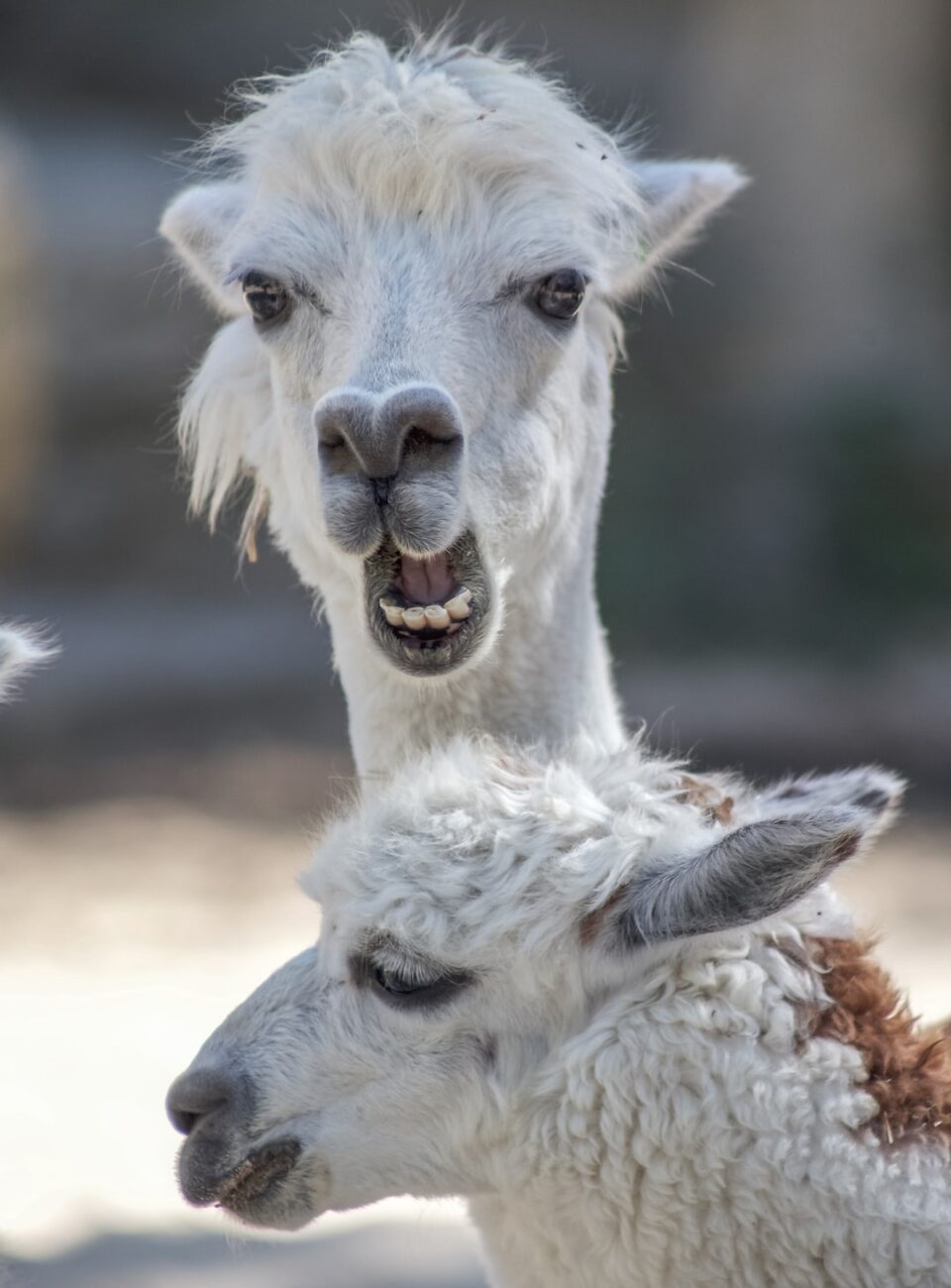The Role of Bees in Our Ecosystem: Why We Need to Protect Them
Bees – small wonders of nature that play an indispensable role in our ecosystem. While they may seem inconspicuous, bees are responsible for one-third of our global food production through their role as pollinators. However, in recent times, bee populations have been dwindling due to various factors such as habitat loss, pesticide use, and climate change. This decline in bee populations should concern us all, as it has far-reaching consequences for our ecosystems, agriculture, and ultimately, our survival.
Firstly, let’s delve into the vital function of bees as pollinators. Pollination is the process by which pollen from the male part of a flower is transferred to the female part, enabling fertilization and the production of seeds. Bees, with their fuzzy bodies and hairy legs, are incredibly efficient at carrying pollen from one flower to another as they search for nectar. This cross-pollination ensures genetic diversity in plants, which is crucial for their survival, adaptation, and resilience to diseases and changing environmental conditions. Without bees, the reproduction and viability of countless plant species would be severely compromised.
The agricultural sector heavily relies on bees for pollination. Bees effectively fertilize a wide range of crops, including fruits, vegetables, nuts, and oilseeds. In fact, it is estimated that bees are responsible for pollinating around 70% of the world’s major food crops. Without this crucial service provided by bees, food production would significantly decline, leading to food scarcity, higher prices, and increased pressure on already stressed ecosystems. Simply put, the well-being of bees directly correlates with our ability to feed ourselves and maintain a balanced food system.
Apart from its impact on agriculture, the decline of bee populations would have drastic consequences for biodiversity. Bees, along with other pollinators, facilitate the reproduction of numerous wild plant species, including those that serve as essential food sources for countless animals. Moreover, the fruits and seeds resulting from pollination serve as food for birds, insects, and other wildlife, forming the foundation of complex food webs. If the bees disappear, these intricate interactions would unravel, leading to a cascading effect on the entire ecosystem.
Furthermore, bees also contribute to the preservation of natural habitats. As bees move from flower to flower in search of nectar, they inadvertently transfer pollen and help establish new populations of plants. This process aids in maintaining healthy and diverse ecosystems, ensuring the persistence of different plant communities and providing habitats for a wide range of flora and fauna. Therefore, the decline of bees not only affects the survival of individual plant species but also disrupts the delicate balance of entire ecosystems.
Several factors contribute to the decline of bees. One of the main culprits is habitat loss, primarily due to urbanization and the conversion of natural landscapes into agricultural fields or other human activities. Destruction of bee habitats deprives them of food sources and suitable nesting locations. Additionally, the extensive use of pesticides, particularly neonicotinoids, which have been shown to have harmful effects on bees, poses a significant threat to their populations. Climate change also plays a role, as rising temperatures and altered weather patterns disrupt the synchronized timing between plants and pollinators, making it difficult for bees to find an abundance of flowers when they are needed most.
To counteract these threats and protect bees, a multi-faceted approach is needed. Conservation efforts should focus on preserving and restoring bee habitats by promoting diverse landscapes with a variety of wildflowers, trees, and shrubs. Encouraging organic farming practices and reducing the use of pesticides can also greatly benefit bee populations. Finally, awareness campaigns to educate the public about the importance of bees and their conservation can help foster a sense of responsibility towards these invaluable creatures.
In conclusion, bees are the unsung heroes of our ecosystem, playing a critical role in pollination, food production, biodiversity, and habitat preservation. Their continued decline poses a significant threat to our environment, agriculture, and food security. Recognizing the importance of bees and taking action to protect them is not only a necessity but also a responsibility. By prioritizing their well-being, we can ensure a sustainable future for both bees and ourselves.

